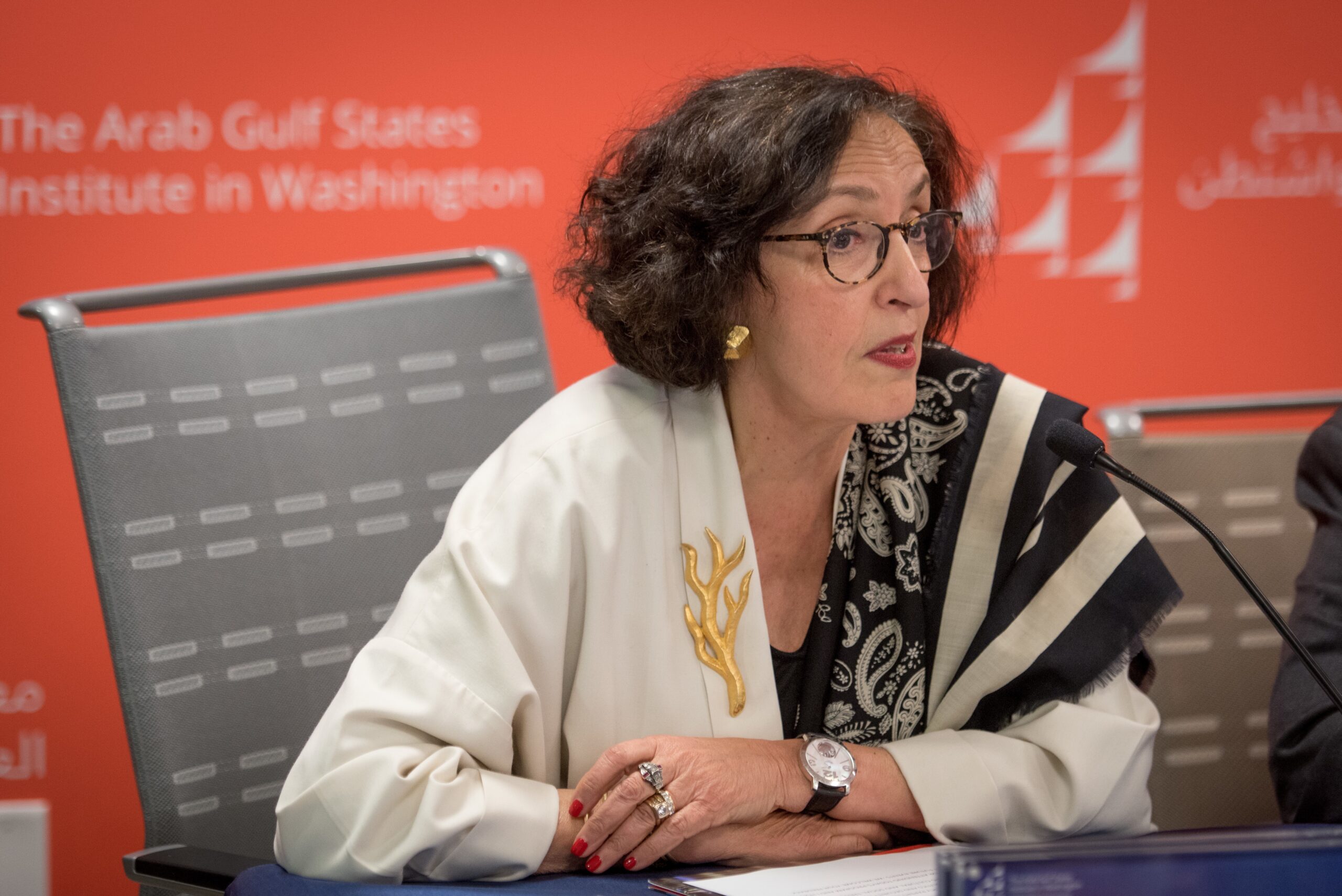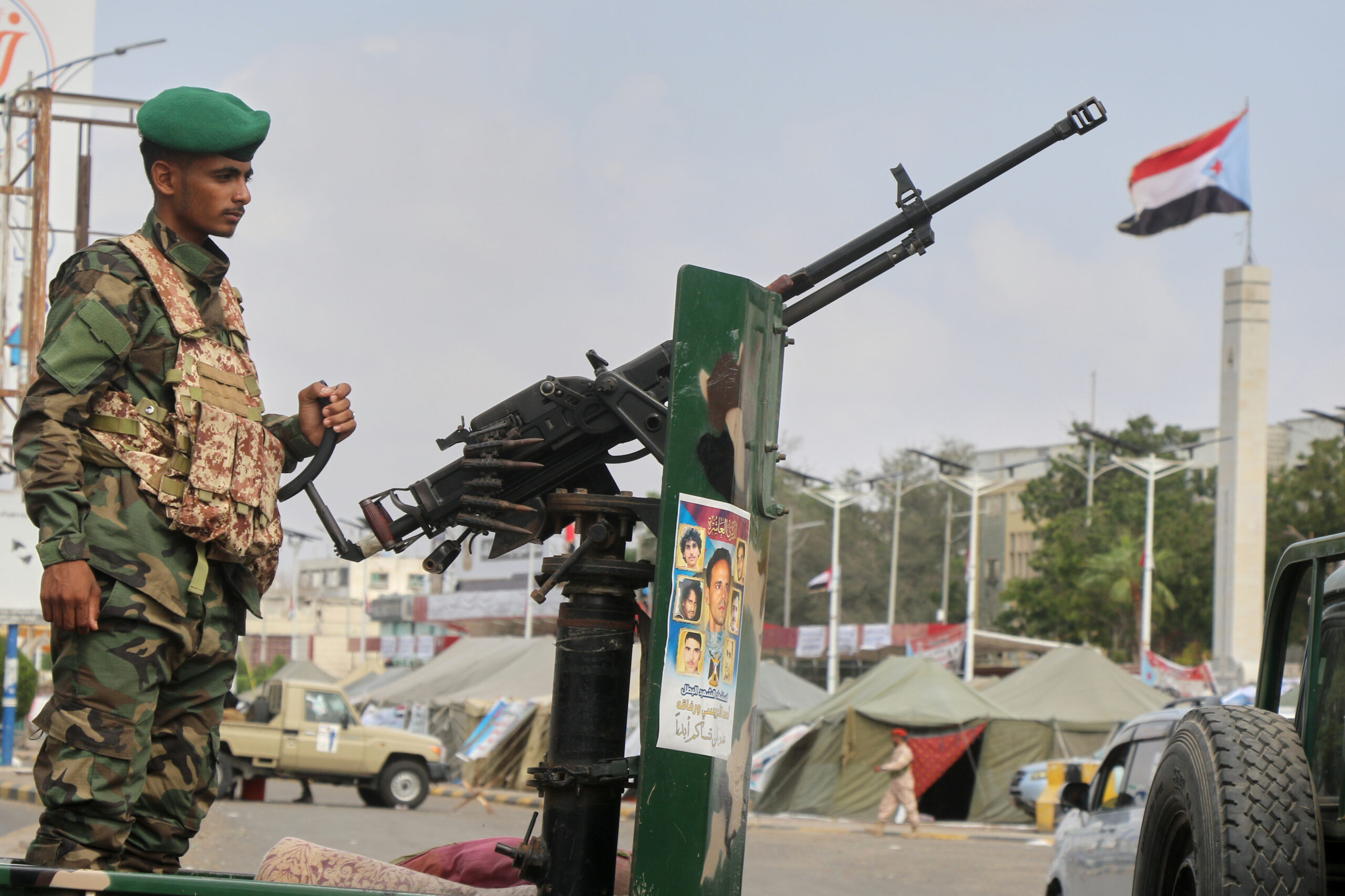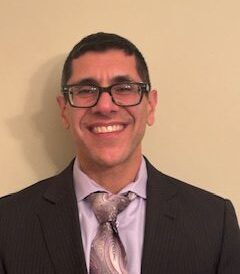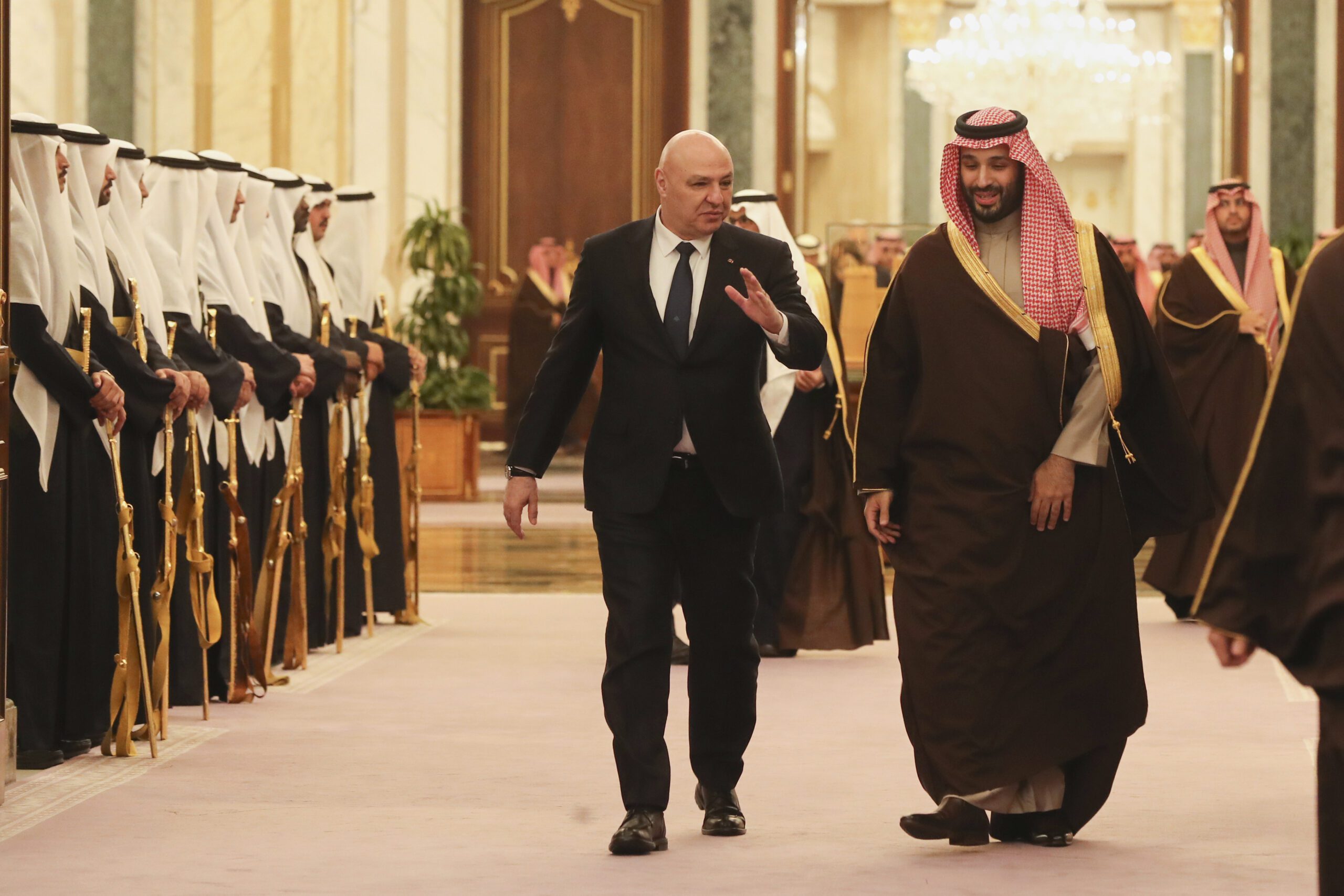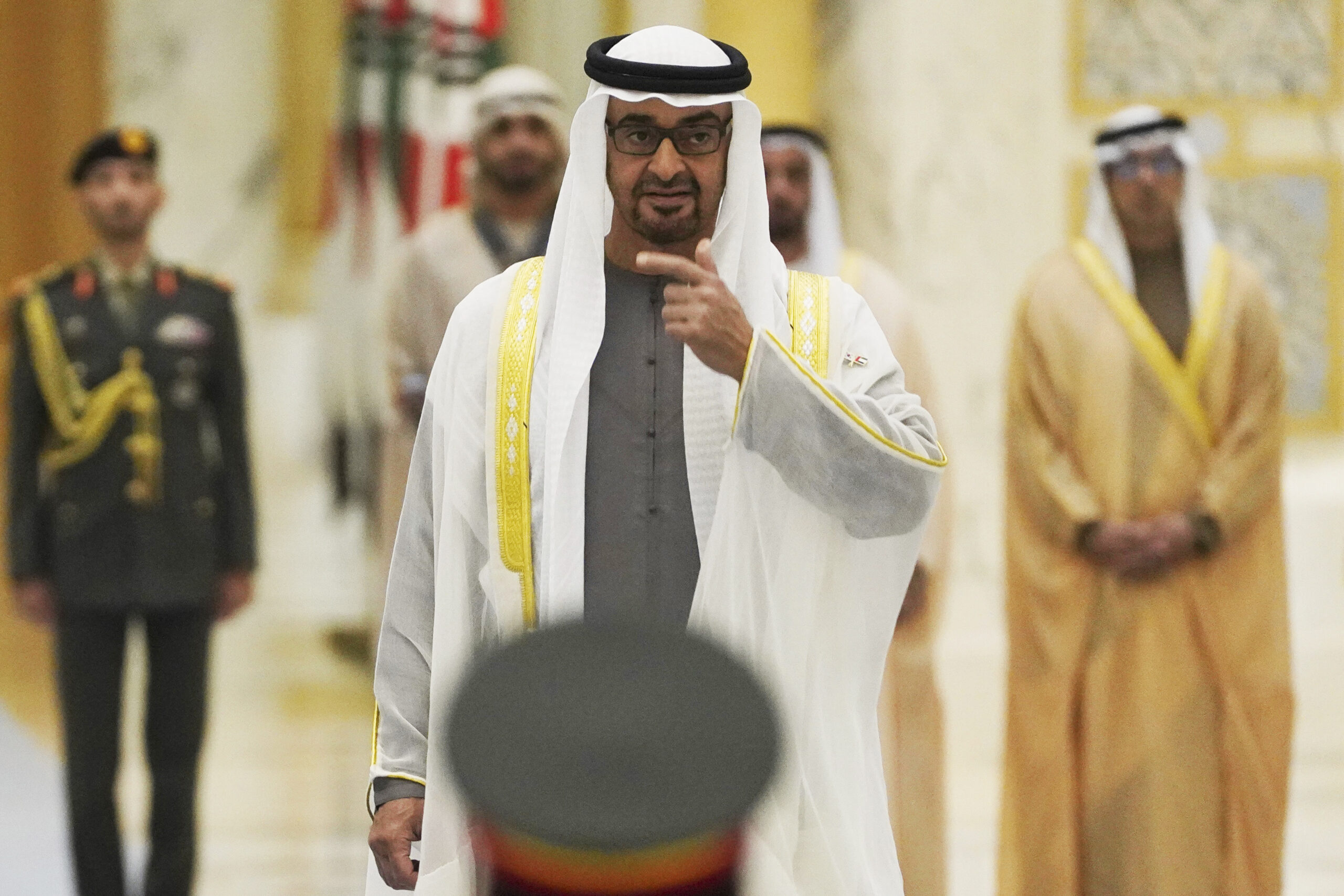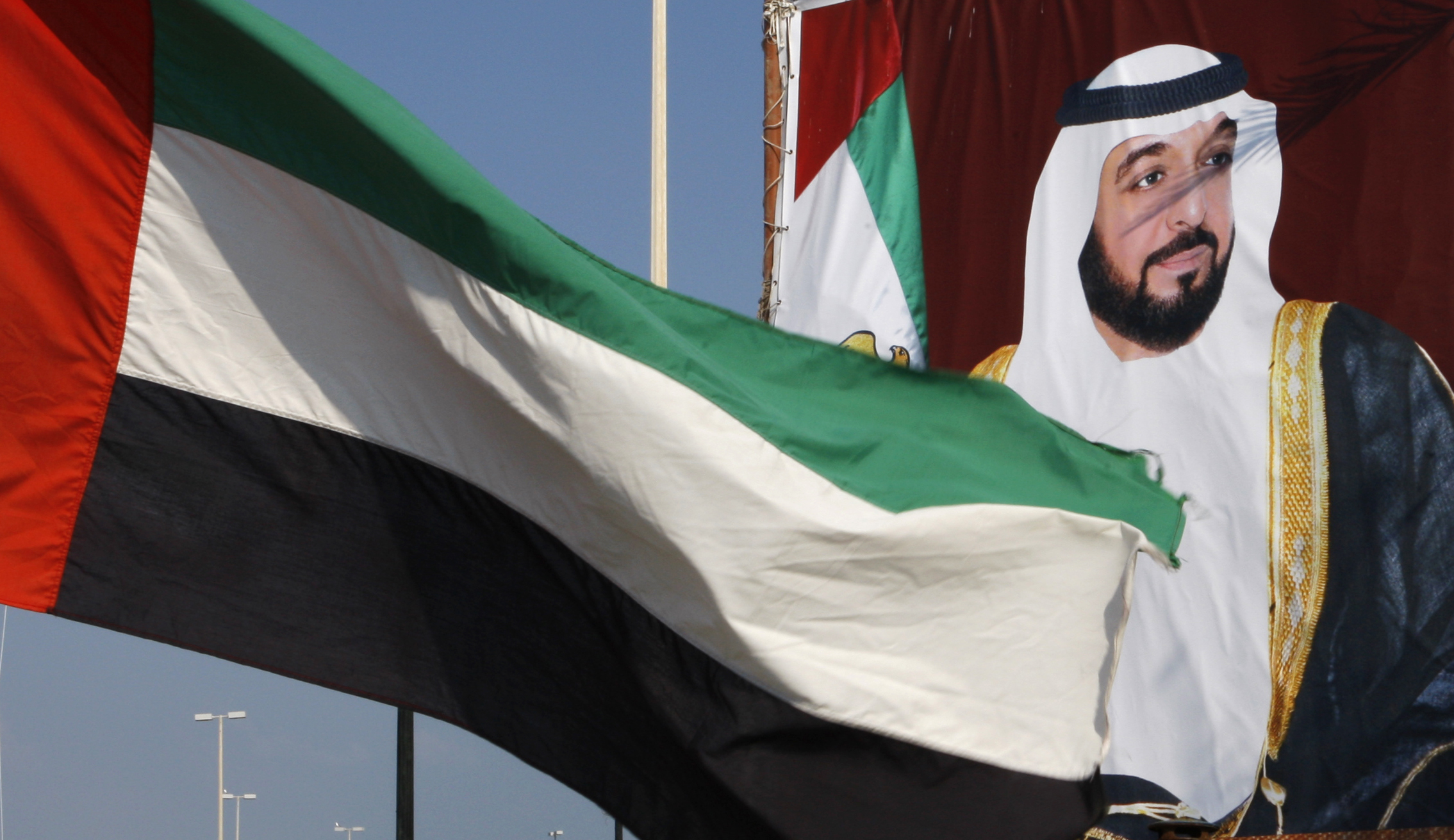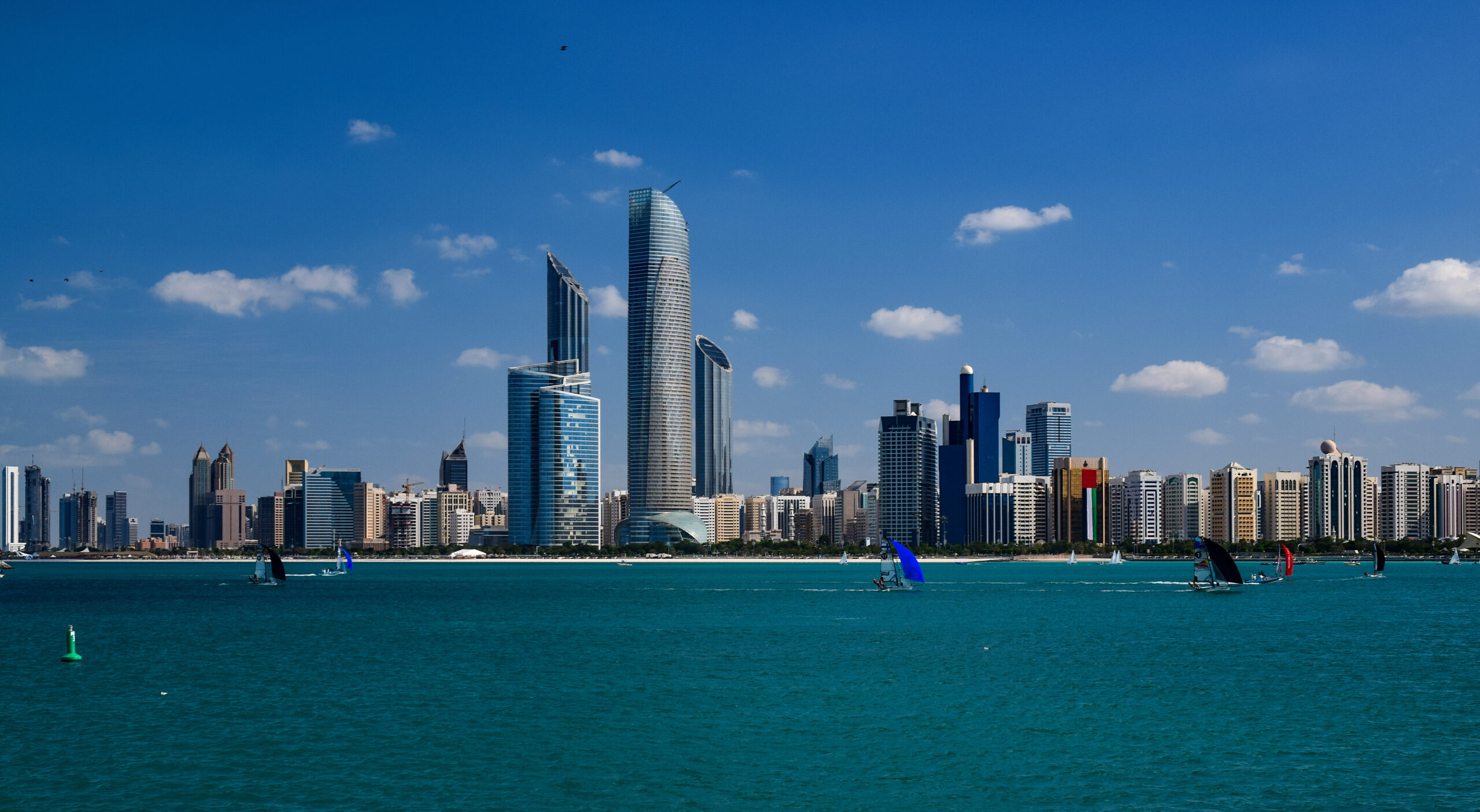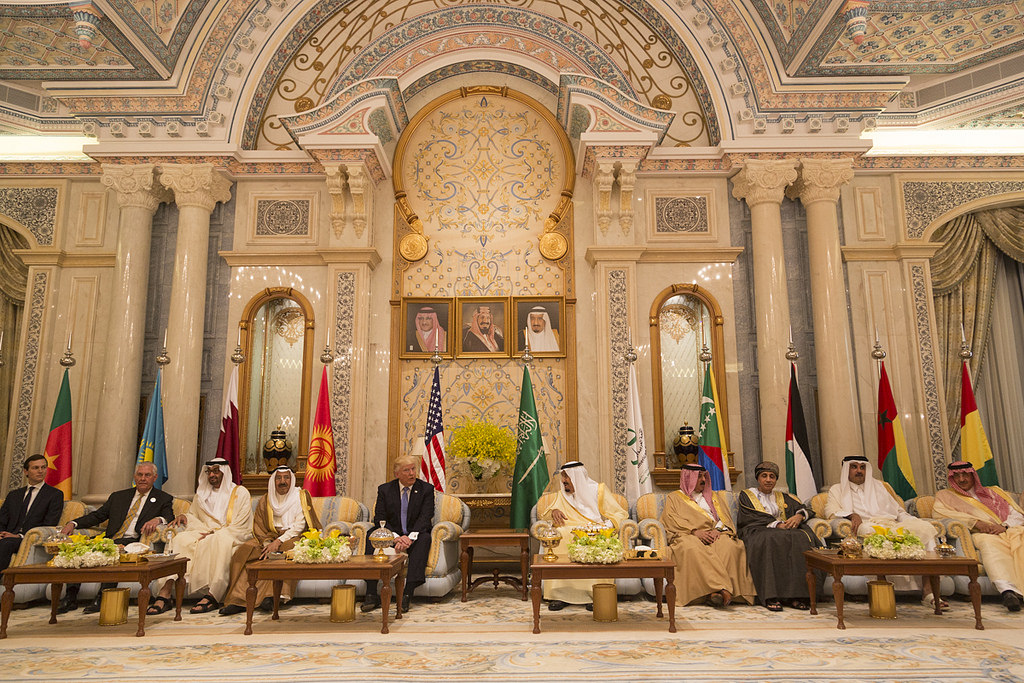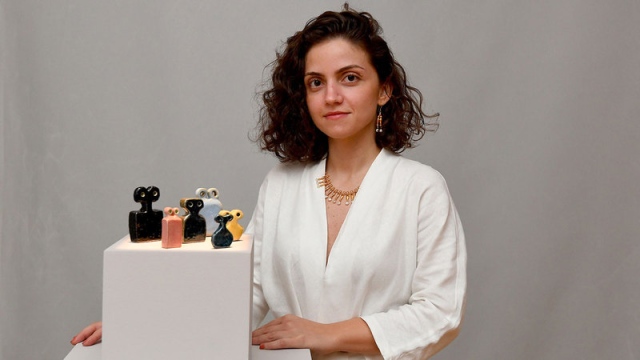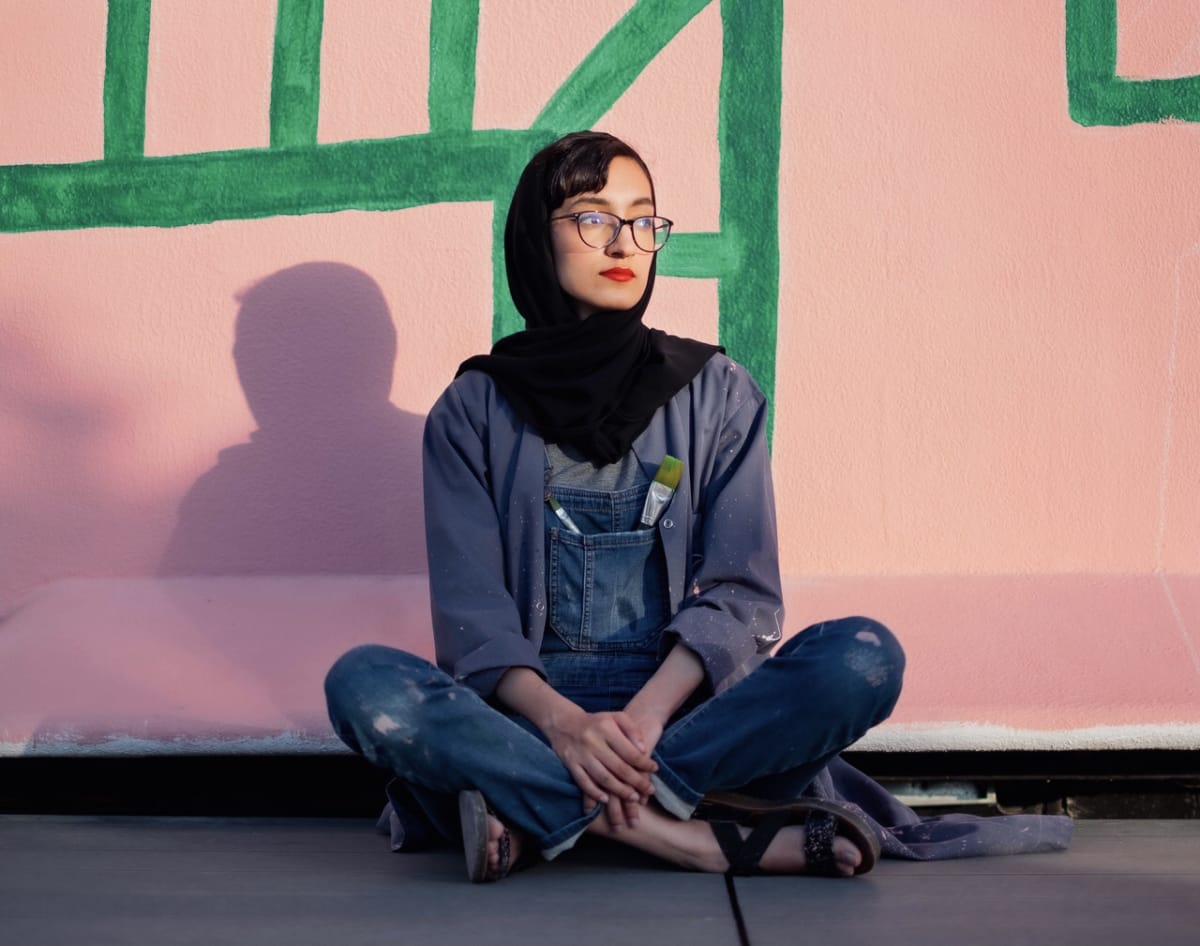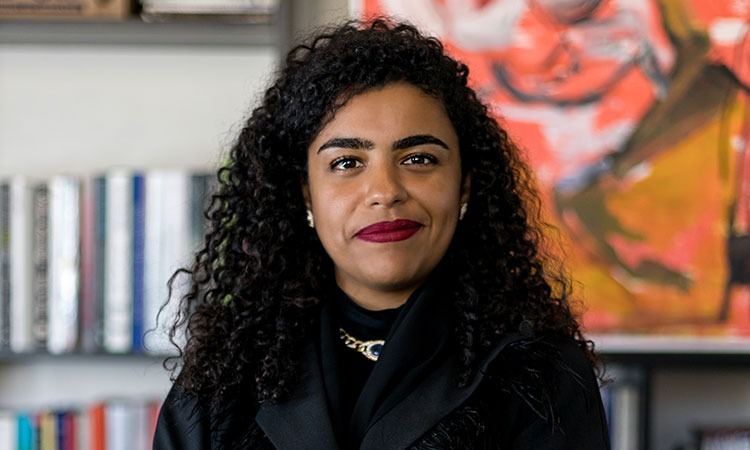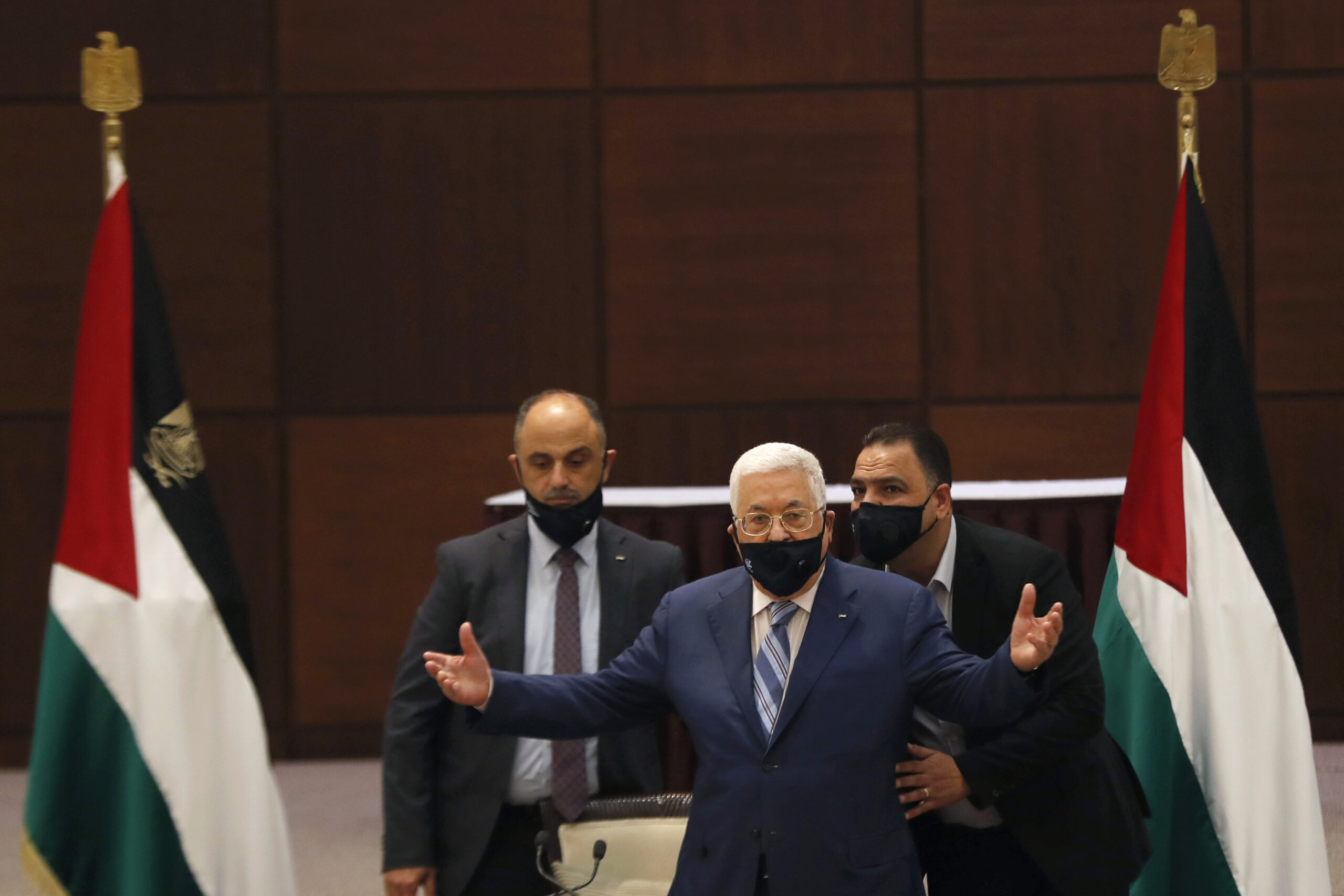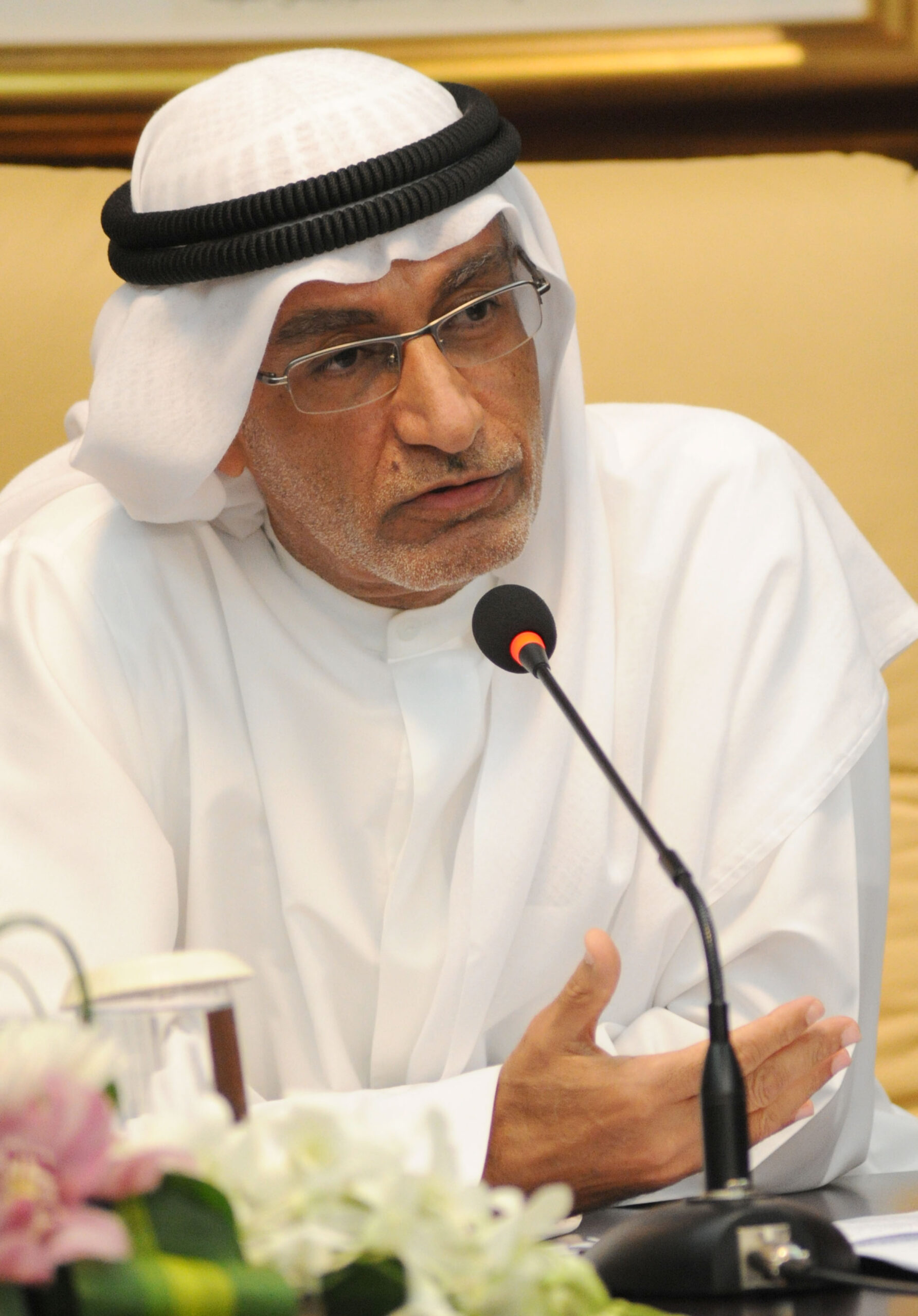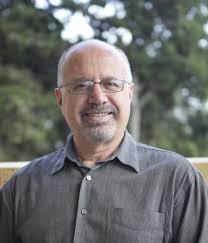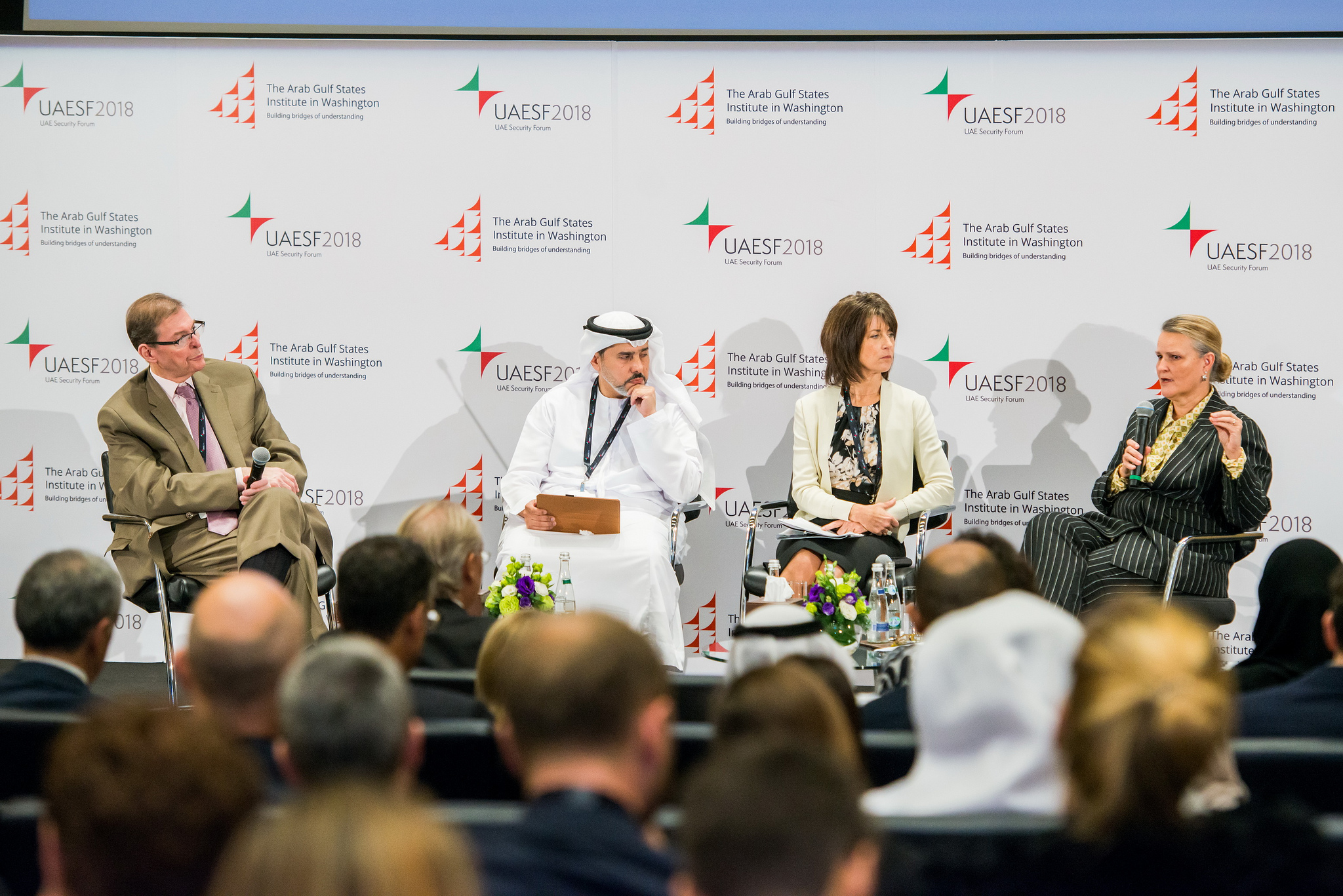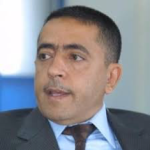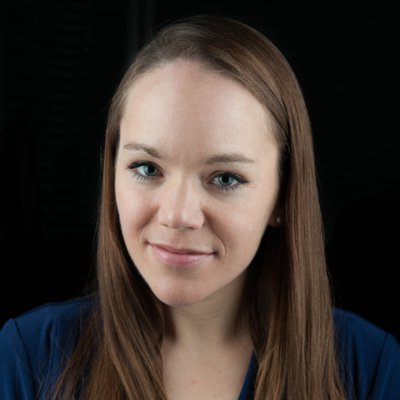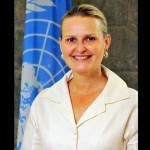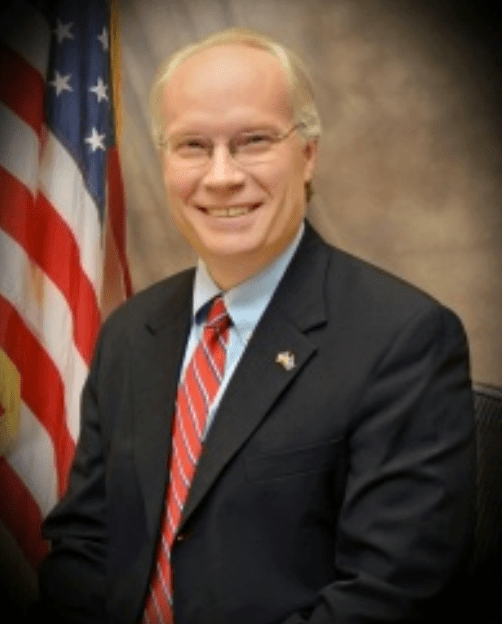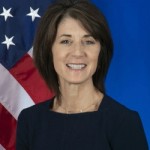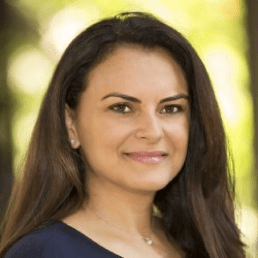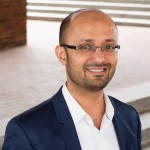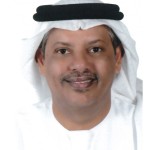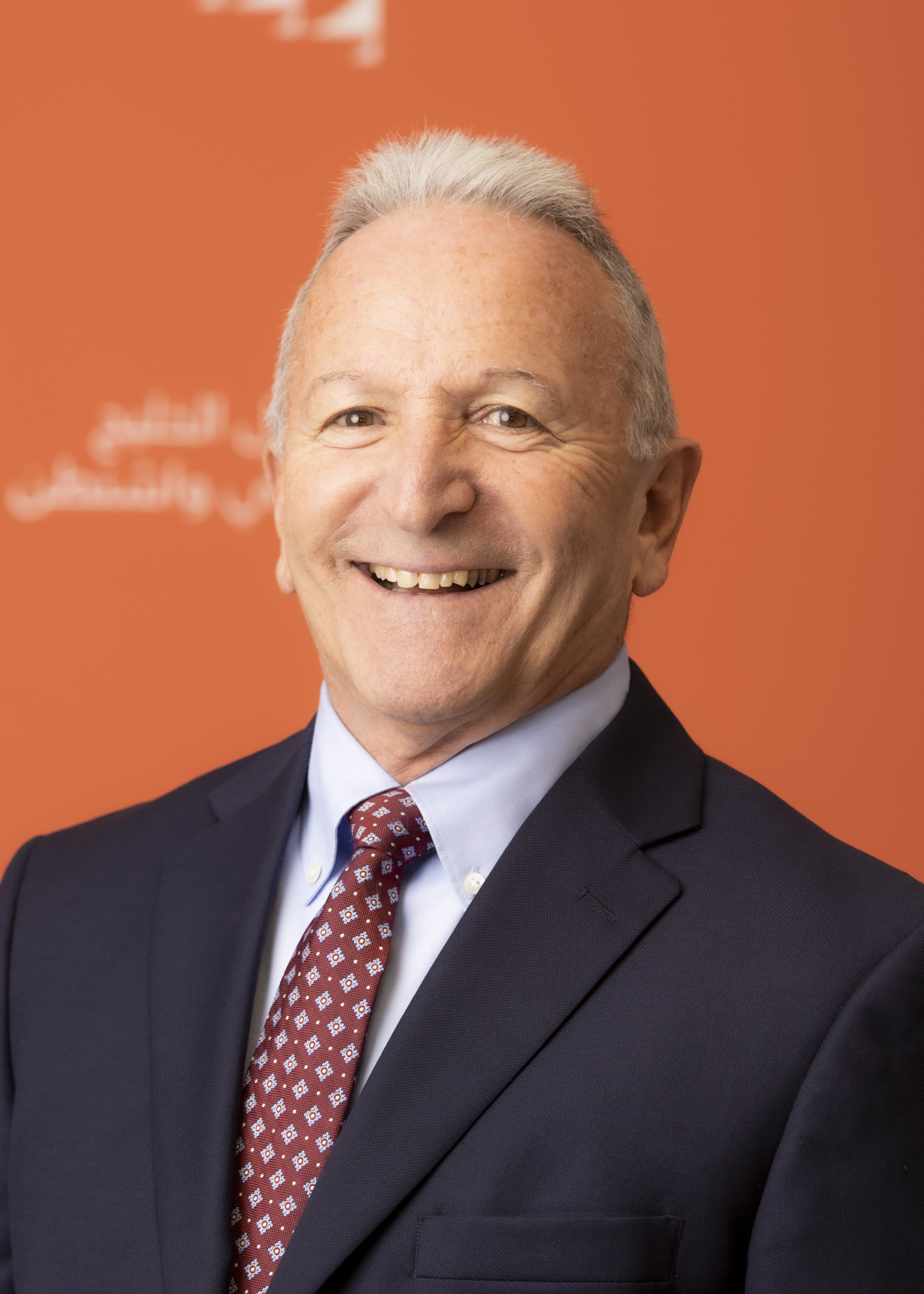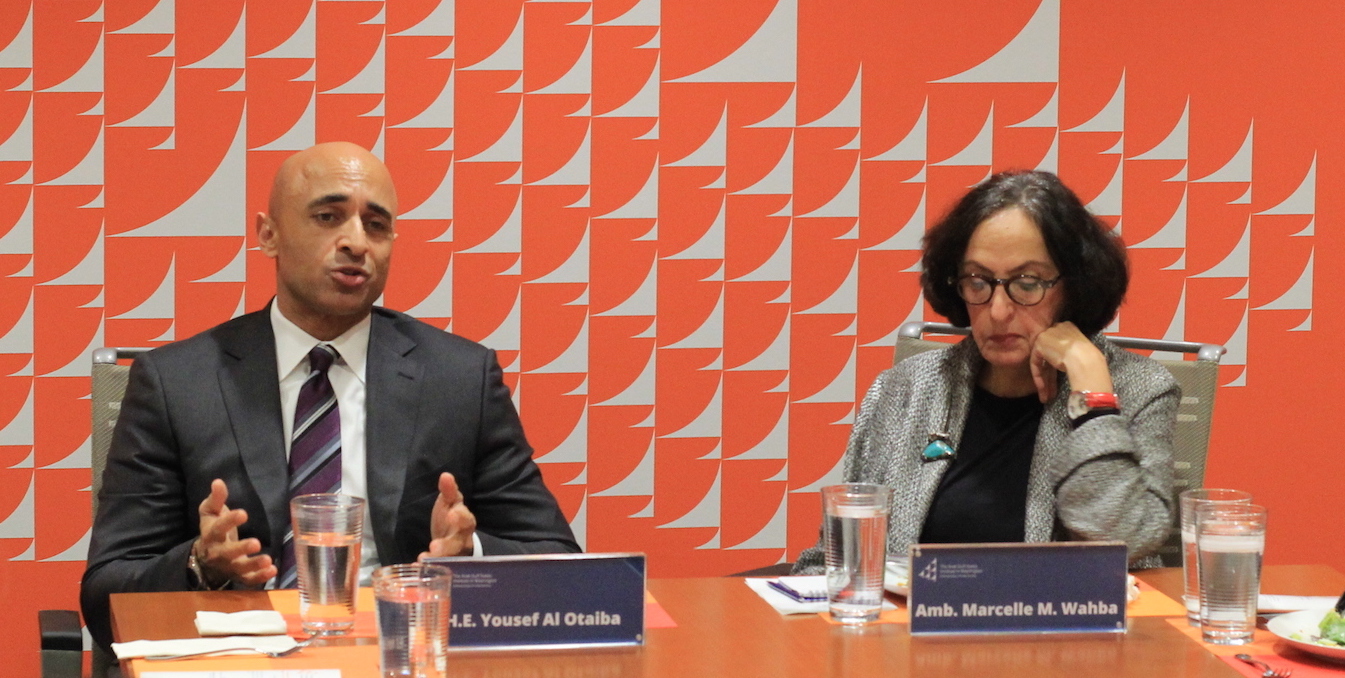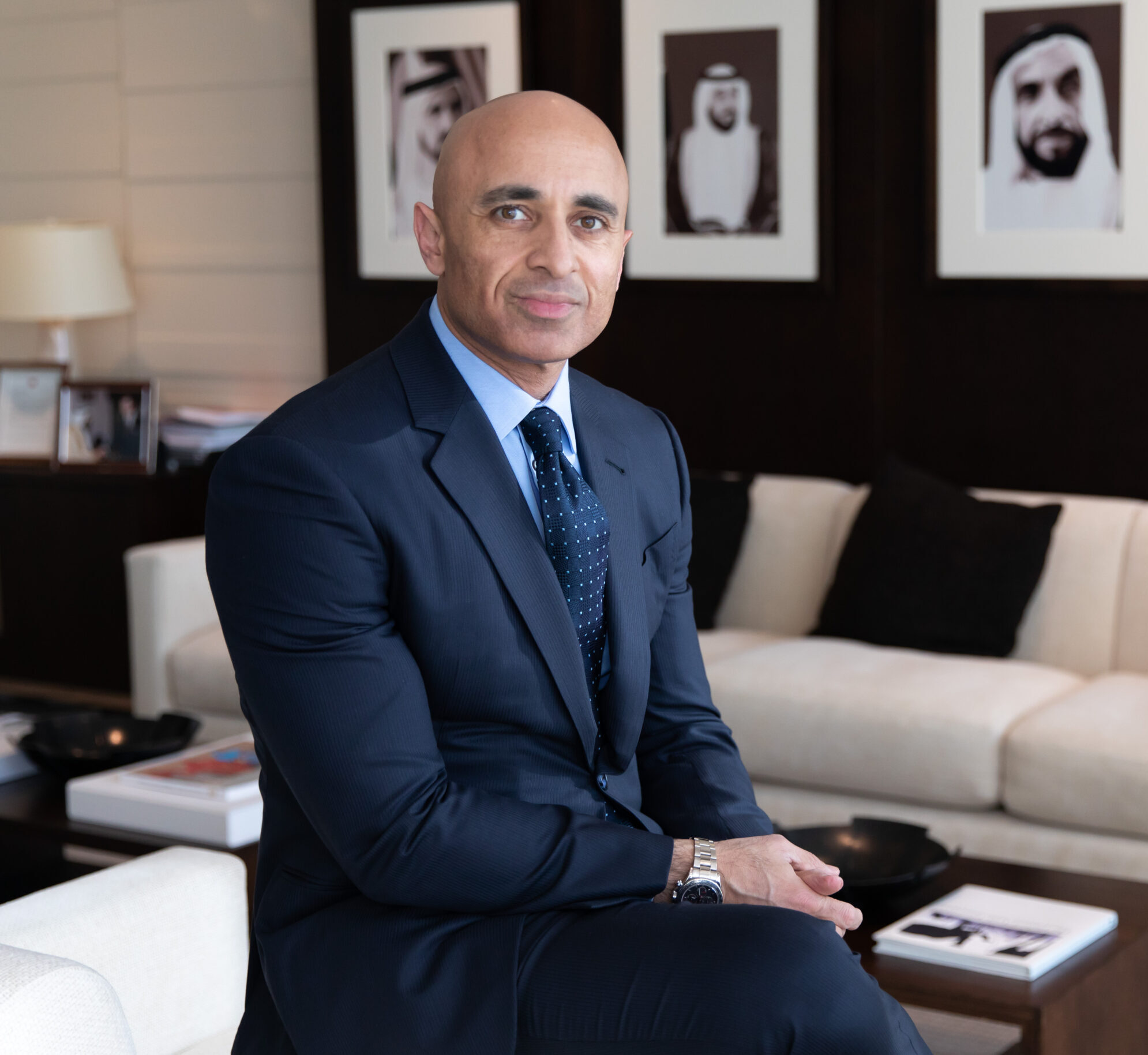Sep 29, 2017
The Role of the Gulf Arab States in a Transforming Middle East
The Middle East finds itself at a moment of profound change. The transformations underway are significant enough to invite comparisons to the era in which the political landscape of the modern Middle East took shape. The 2003 U.S. invasion of Iraq and the events of the Arab Spring in 2010-11 have been key turning points....
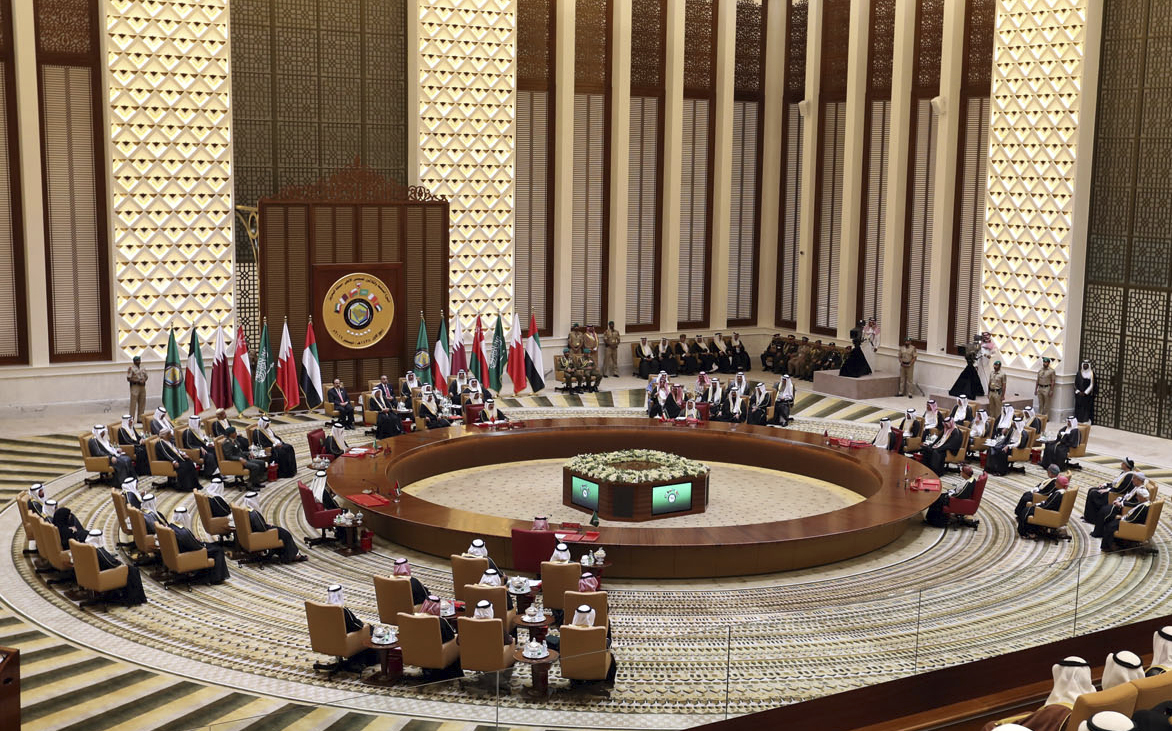
The Middle East finds itself at a moment of profound change. The transformations underway are significant enough to invite comparisons to the era in which the political landscape of the modern Middle East took shape. The 2003 U.S. invasion of Iraq and the events of the Arab Spring in 2010-11 have been key turning points. In their aftermath, traditional power centers like Baghdad, Cairo, and Damascus have turned inward, beset by wars, revolutions, and terrorism.
Into this vacuum, which has been compounded by a reduction of traditional U.S. leadership, have stepped the newly assertive Gulf Arab countries. Drawing on their wealth, relative stability, and dynamic new generation of leaders, they have begun to exercise unprecedented influence. The opportunity – and burden – of regional leadership has fallen on Gulf Arab countries such as Saudi Arabia and the United Arab Emirates, and in some respects even Qatar and Kuwait. A complex set of overlapping challenges is therefore forcing Arab countries, particularly the Gulf states, to define and promote a vision for their own future and that of the region as a whole.
This dramatic realignment challenges us at the Arab Gulf States Institute in Washington to provide clear, thoughtful, and timely analyses of the most important developments without losing sight of the deeper undercurrents. By identifying the key political, economic, and social forces propelling these profound changes, we hope to provide vital context for policymakers in both Washington and the region.
What follows is a brief summation of what we see as the primary challenges facing the region:
- Strategic: The rise of Iran as a regional power; the growth of sectarian, ethnic, and ideological divisions; and a relative decline of U.S. power and influence regionally and globally are broadly concerning. Gulf Arab countries are therefore increasingly taking matters into their own hands, as in Yemen. In this context, regional and even state-specific tensions are often characterized as essentially sectarian. But sectarian realities are complex and by no means always the main faultlines. Moreover, geopolitical tensions arise from and reflect numerous other considerations, especially national interests and competition for power and resources, even when they are explained or perceived in sectarian or ethnic terms. Decoupling sectarian and ethnic relations within and between Arab societies from the rivalry with Tehran could, ultimately, lead to a viable modus vivendi with Iran.
- Crisis of the Arab state system: Some Arab states are dysfunctional and others suffer from a range of systemic shortcomings. Among the most acute is the outsized and malign role of terrorist groups, militias, and non or substate actors. The power of such groups has grown in the absence, in numerous instances, of effective state authority, beginning with a monopoly regarding the use of force. The persistent menace posed by al-Qaeda and the Islamic State in Iraq and the Levant threatens unparalleled mayhem and represents direct threats to the security and stability of many Sunni-majority Arab states, as well as an existential threat to minorities such as Christians, Yazidis, and, where they are in the minority, Shia Muslims. Extremist Shia militias such as Hezbollah and the Popular Mobilization Forces in Iraq are another major source of violence and destabilization, especially directed against Arab Sunni Muslims. The exodus of minority groups will alter the character of Arab societies that have traditionally been relatively comfortable with religious and cultural heterogeneity.
- Ideological and ideational contests: The ideological split within the Gulf Cooperation Council, and in the Arab world more broadly, is most acute regarding a contest to shape the future of regionwide mainstream Arab political culture in the coming decades. Especially disputed is the character and role of political Islam, particularly the Muslim Brotherhood and similar groups. The standoff over Qatar’s policies – along with other confrontations, including political pressure on Hamas in Gaza and the conflict in Libya – are symptoms of a long-term contest over the trajectory of normative Arab political attitudes. Yet this contest frequently intersects with a wide range of confrontations that are often also driven by national interest, power politics, and battles over influence and resources. Even if there are mutually acceptable resolutions to the standoff between Qatar and the quartet of countries opposing Doha’s policies or the conflict in Libya, the struggle to shape and define the dominant political orientation of the Arab world is likely to continue for many years.
- Governance: Social, economic, demographic, and political pressures are driving a reassessment of governance in the Gulf countries. There is a vast shift to a population that is younger, more educated, and more worldly and yet often frustrated and, in many ways, disenfranchised. Older models of social contracts are unsustainable given these economic and demographic changes. Saudi Arabia, in particular, seems to have embarked on a bold experiment with a process of managed, top-down, and evolutionary transformation as an alternative to both stasis and stagnation on one hand and the chaotic, bottom-up, and revolutionary upheavals that rocked a number of Arab republics on the other.
- Global and regional powers: While the United States remains the most influential external force, Russia is returning, especially via Syria, to a major strategic role in the Middle East. China and European Union members are also significant economic, diplomatic, and, in some limited cases, strategic players. Regionally, Iran, Turkey, and Israel all have significant interests and roles in the Arab world, as, increasingly, do the Kurds and other major nonstate actors. The weaknesses, divisions, and crises facing many Arab societies and states create new opportunities for international players and non-Arab regional actors to wield influence in the internal affairs of Arab countries.
None of these issues has been completely ignored in the Washington and international conversation, although a great deal of additional analysis and scholarship on many aspects of them is certainly required. But by connecting the dots, identifying patterns of new or shifting alliances, and striving to ensure that our analyses provide broader context, AGSIW hopes to enhance the relevance of our publications and programing on Gulf Arab states and their role in this pivotal era of transformation in the Middle East.
The views represented herein are the author's or speaker's own and do not necessarily reflect the views of AGSI, its staff, or its board of directors.
